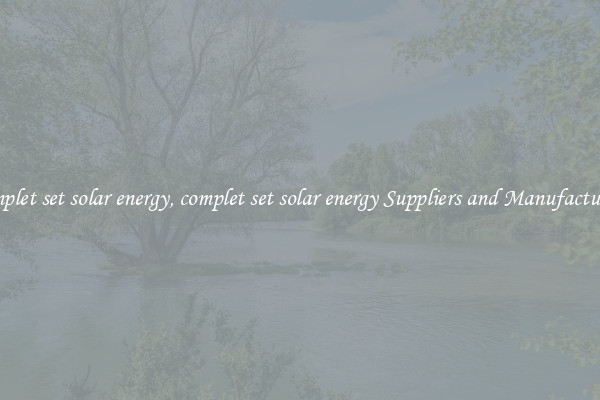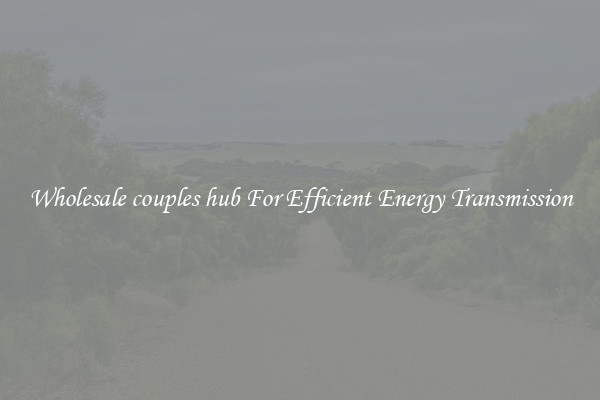Versatile And Affordable solar energy business
In recent years, the demand for renewable energy sources has skyrocketed due to concerns about climate change and the depletion of fossil fuels. Solar energy has emerged as one of the most versatile and affordable options in the market, making it an ideal choice for individuals and businesses looking to reduce their carbon footprint and save on energy costs.

One of the key advantages of solar energy is its versatility. Solar panels can be installed on various surfaces, including rooftops, building facades, and even on the ground. This versatility allows solar energy systems to be custom-designed to fit any available space, making it accessible for everyone, regardless of the size of their property.
Furthermore, solar energy systems can be used not only to generate electricity but also to heat water and provide space heating. This versatility makes solar energy a viable option for a wide range of applications, from residential homes to commercial buildings and industrial facilities. In addition, solar energy systems can be integrated with existing energy infrastructure, reducing the need for costly upgrades or replacements.
Affordability is another significant factor driving the growth of the solar energy business. Over the past decade, the cost of solar panels and related equipment has steadily decreased, making solar energy more accessible and cost-effective for consumers. Furthermore, governments and financial institutions now offer various incentives and financing options to encourage the adoption of solar energy. These incentives include tax credits, grants, and low-interest loans, which further reduce the upfront costs associated with installing solar energy systems.
In terms of operating costs, solar energy systems require minimal maintenance compared to traditional energy sources. Once installed, solar panels can generate electricity for decades with little to no maintenance required. This dramatically reduces energy bills and increases the return on investment for businesses and homeowners.
Moreover, the long-term savings associated with solar energy can be significant. By generating your own electricity, you can reduce or even eliminate your dependence on the grid, leading to substantial savings over time. Additionally, excess energy generated by solar panels can be stored or sold back to the grid, providing additional financial benefits.
In conclusion, the versatility and affordability of solar energy make it an attractive option for individuals and businesses seeking to transition to renewable energy sources. Its ability to adapt to different environments and applications, combined with decreasing costs and government incentives, make solar energy a viable and cost-effective alternative to traditional energy sources. With the world's increasing focus on sustainability and reducing greenhouse gas emissions, the solar energy business is destined to continue growing and play a vital role in the global energy landscape.

View details

View details

View details

View details








